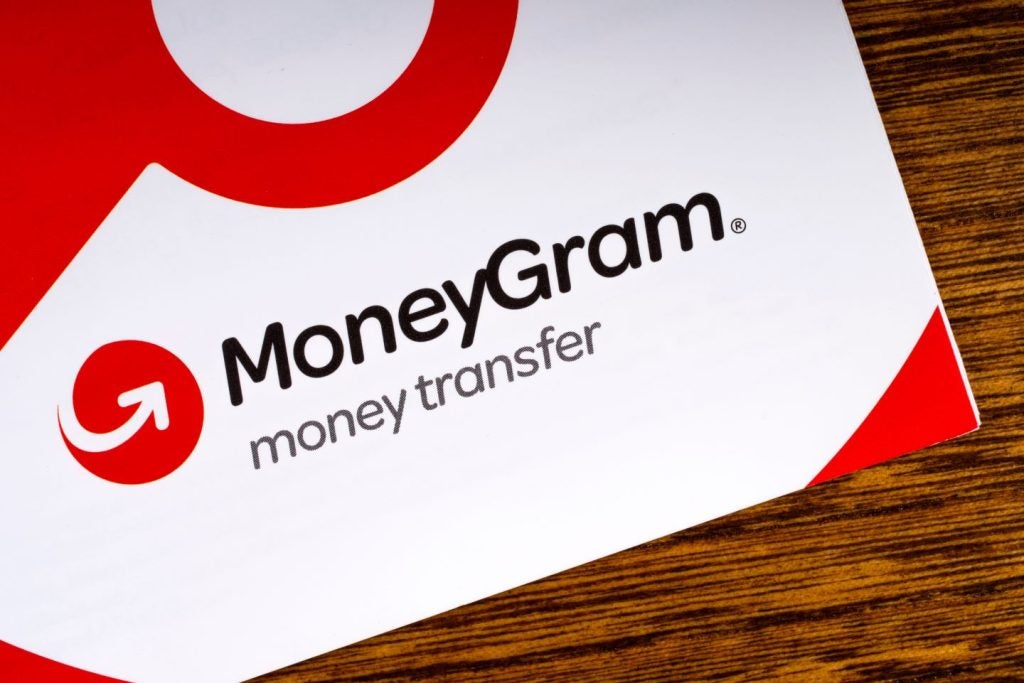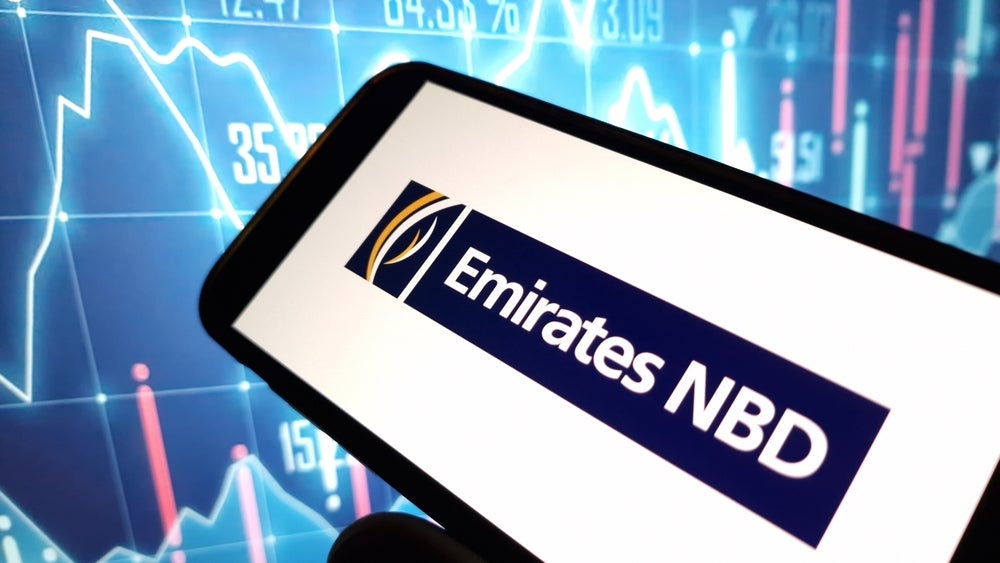When travellers want to make payments while overseas, traditionally cash in the destination’s local currency is used. But recent developments in Southeast Asia suggest mobile wallets, previously confined to domestic payments, will soon be a viable option for international travellers who are becoming increasingly eager to pay digitally.
Global mobile payment scheme
In recent years, more people are using their own bank-issued payment cards to make payments while abroad.
However, when it comes to mobile wallets that have proliferated in several markets around Asia Pacific, cross-border acceptance still has some way to go, especially for QR-based mobile wallets which are often not linked up to an international payment scheme such as Visa or Mastercard.
Since late 2018, cross-market mobile payment platforms have started to take shape in Asia-Pacific. Singapore and Thailand have now formed an alliance for cross-border mobile payments known as VIA. The VIA alliance essentially links mobile carrier-operated wallets so that users of Singtel Dash’s mobile wallet in Singapore and AIS Global Pay’s users in Thailand can use their wallets in both countries, while also covering acceptance to more than 1.6 million merchants between the two markets.
At the end of February, the VIA alliance signed an agreement to include Malaysian mobile carrier Axiata’s Boost mobile wallet, enabling cross-border usage of domestic mobile wallets in all three markets.
Additionally, the alliance is also open to other non-carrier-operated mobile wallets, and talks are ongoing to expand the current reach to potential partners in India, Indonesia, the Philippines, and China.
Connecting the various mobile wallet systems across these countries could potentially drive the region towards a unified digital and mobile payment network. Not only will this offer consumers in the region much greater convenience when travelling, it will also likely encourage other markets and regions to initiate similar concepts, increasing the potential for multi-regional and even global mobile payments schemes or networks to emerge.








